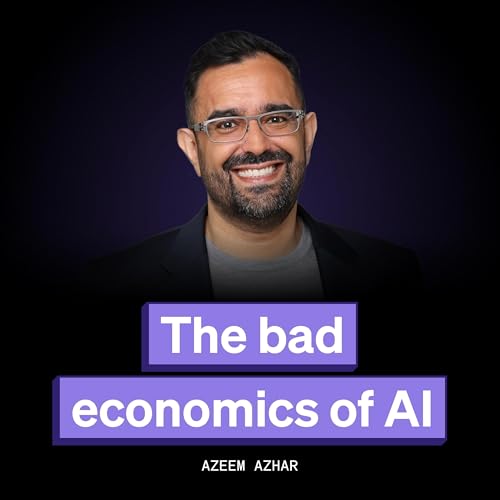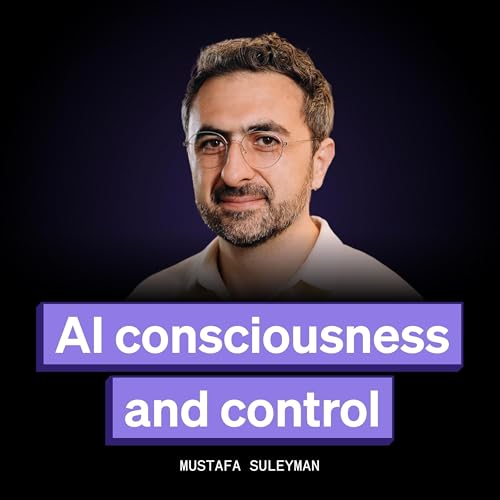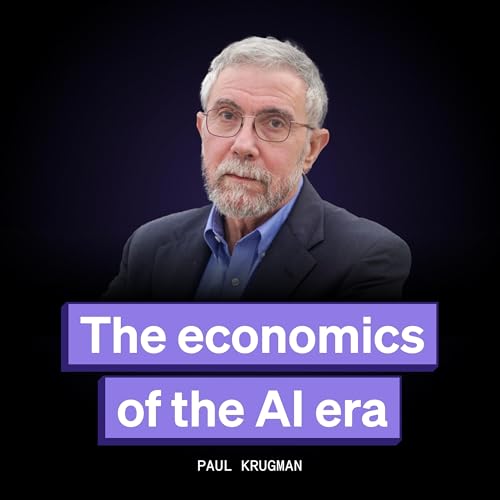Welcome to Exponential View, the show where I explore how exponential technologies such as AI are reshaping our future. I've been studying AI and exponential technologies at the frontier for over ten years.
Each week, I share some of my analysis or speak with an expert guest to make light of a particular topic.
To keep up with the Exponential transition, subscribe to this channel or to my newsletter: https://www.exponentialview.co/
-----
A week before OpenClaw exploded, I recorded a prescient conversation with Mustafa Suleyman, CEO of Microsoft AI and co-founder of DeepMind. We talked about what happens when AI starts to seem conscious – even if it isn’t. Today, you get to hear our conversation.
Mustafa has been sounding the alarm about what he calls “seemingly conscious AI” and the risk of collective AI psychosis for a long time. We discussed this idea of the “fourth class of being” – neither human, tool, nor nature – that AI is becoming and all it brings with it.
Skip to the best bits:
(03:38) Why consciousness means the ability to suffer
(06:52) "Your empathy circuits are being hacked"
(07:23) Consciousness as the basis of rights
(10:47) A fourth class of being
(13:41) Why market forces push toward seemingly conscious AI
(20:56) What AI should never be allowed to say
(25:06) The proliferation problem with open-source chatbots
(29:09) Why we need well-paid civil servants
(30:17) Where should we draw the line with AI?
(37:48) The counterintuitive case for going faster
(42:00) The vibe coding dopamine hit
(47:09) Social intelligence as the next AI frontier
(48:50) The case for humanist super intelligence
-----
Where to find Mustafa:
- X (Twitter): https://x.com/mustafasuleyman
- LinkedIn: https://www.linkedin.com/in/mustafa-suleyman/
- Personal Website: https://mustafa-suleyman.ai/
Where to find me:
- Substack: https://www.exponentialview.co/
- Website: https://www.azeemazhar.com/
- LinkedIn: https://www.linkedin.com/in/azhar
- Twitter/X: https://x.com/azeem
Produced by supermix.io and EPIIPLUS1 Ltd. Production and research: Chantal Smith and Marija Gavrilov.
Hosted by Simplecast, an AdsWizz company. See pcm.adswizz.com for information about our collection and use of personal data for advertising.
 53 min
53 min 50 min
50 min 50 min
50 min Jan 29 202616 min
Jan 29 202616 min 55 min
55 min 33 min
33 min 47 min
47 min Dec 20 202525 min
Dec 20 202525 min
